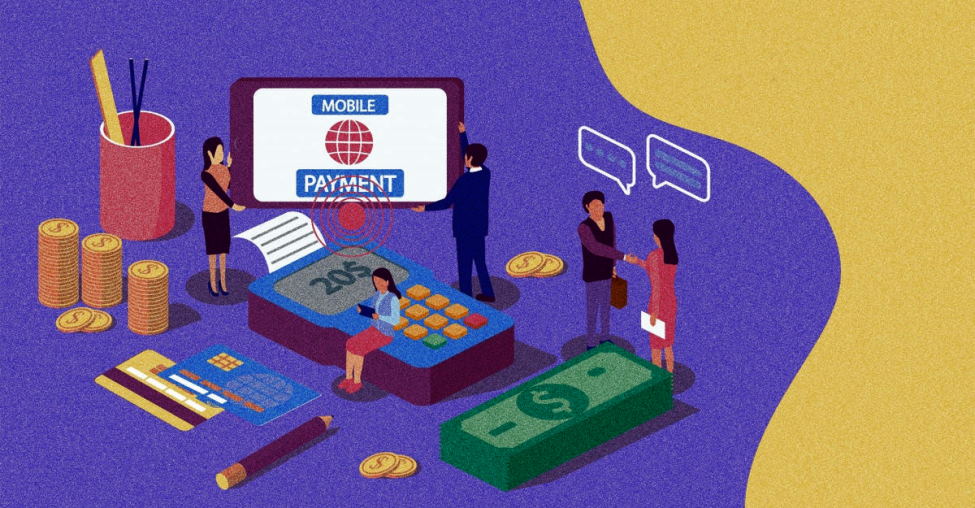In a world that is increasingly going cashless, it’s important to understand the benefits of this payment method. Across the globe, economies are benefiting from less reliance on physical currency. Here are a few ways cashless payments are improving things for everyone involved.
When people think of a country with a strong economy, they often imagine one where physical currency is king. However, in today’s globalized world, more and more countries are transitioning away from traditional payment methods and moving towards cashless transactions. There are many reasons for this shift – here, we’ll explore just a few of them.
How cashless payments benefit economies: the role of technology in driving economic growth
With the advent of technology, the way we make payments has changed dramatically. From using cash and checks to using apps and digital wallets, we are quickly moving towards a cashless society. According to a Mastercard report, 2.1 billion people worldwide are using digital wallets to make payments. This number is only going to grow in the coming years as more and more people are benefiting from the advantages of cashless payments.

There are many benefits of moving to a cashless economy. For one, it helps to reduce crime as there is no physical money that can be stolen. It also makes it easier for businesses to track their sales and for governments to collect taxes. Moreover, it can help promote financial inclusion as everyone, regardless of their economic status, can access banking and financial services.
Cashless payments also have a positive impact on the environment. For example, paper money uses trees and water to produce, which harms the environment. In contrast, digital payments use far less resources and are more environmentally friendly.
Overall, cashless payments offer many benefits to economies worldwide. They are more efficient, reduce crime, and promote financial inclusion. As more people adopt this payment method, we will see even more positive impacts on our world.
The impacts of cashless businesses on retailers and consumers
The cashless business model is becoming increasingly popular with businesses and consumers alike. The main benefits of this type of business are convenience, security, and efficiency. However, there are also some potential downsides to consider, such as the possible impact on retail jobs and the potential for increased fraud.
Convenience is one of the biggest advantages of cashless businesses. For consumers, there is no need to carry around cash or fumble for change. For businesses, it can save time and money by eliminating the need to count and manage cash.
Security is another advantage of going cashless. With no physical money changing hands, there is less risk of robbery or theft. This can make businesses feel safer and help them avoid losses due to crime.

Efficiency is another key benefit of cashless businesses. With no need to handle cash, businesses can move customers through transactions more quickly. This can lead to shorter lines and happier customers.
Despite the advantages of cashless businesses, there are also some potential downsides. One concern is the impact on retail jobs. If businesses move to a completely cashless model, there could be a significant reduction in the number of jobs available in the retail sector.
Another concern is the potential for increased fraud. Without physical money changing hands, it may be easier for criminals to commit fraud or engage in other illegal activities. As a result, businesses must be extra vigilant in monitoring transactions and protecting customer data to avoid this risk.
Overall, the advantages of cashless businesses appear to outweigh the potential disadvantages. The benefits of convenience, security, and efficiency can be significant for both businesses and consumers. However, it is important to be aware of the potential risks and impacts before switching to a completely cashless business model.







 I am an economist and nature lover. By day, I serve as director of economic policy initiatives & institute fellow at the Finance Institute. By night, I muse about economics, finance, nature, and life here at makewallstreetpay.org. I also advise and invest in start-up companies.
I am an economist and nature lover. By day, I serve as director of economic policy initiatives & institute fellow at the Finance Institute. By night, I muse about economics, finance, nature, and life here at makewallstreetpay.org. I also advise and invest in start-up companies.


























